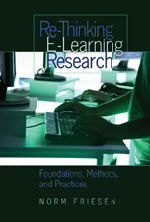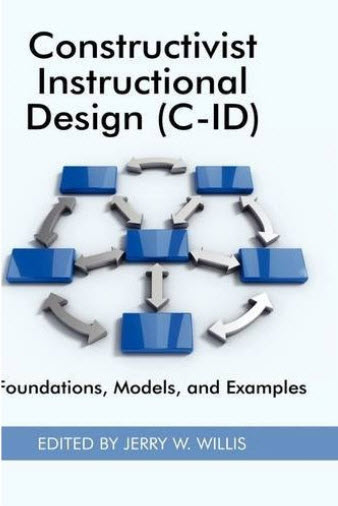 I recently had to re- introduce myself to a colleague regarding where my current research interests are, and I thought it may be interesting to share with a wider audience, as I do get asked to explain what I am interested in (since I cannot oversimplify this, however hard I try).
I recently had to re- introduce myself to a colleague regarding where my current research interests are, and I thought it may be interesting to share with a wider audience, as I do get asked to explain what I am interested in (since I cannot oversimplify this, however hard I try).
One of the things I learned about myself in the module at Lancaster I just finished is just how much I love qualitative methods. Not just qualitative studies in my own content areas, but the rich methodological particulars in themselves. Yes, I couldn’t believe it when I first said that a few weeks ago – I knew I was interested in application to practice, but now find myself loving the complexities and issues around selecting, using, and assessing various qualitative methods. I can see myself really exploring this more in itself . . .
Since my background is adult education, I tend to think of myself as an adult educator. I like critical theory and constructivist frameworks, and am fond of Wenger’s Community of Practice model, as well as Jack Mezirow’s Transformative Learning framework. I am a proponent of postmodernity, and as such am interested in identity development, especially in online blogs and other forms of social media where narrative inquiry and autoethnography can be used.
Now, to see how all this can develop toward a thesis direction . . .



